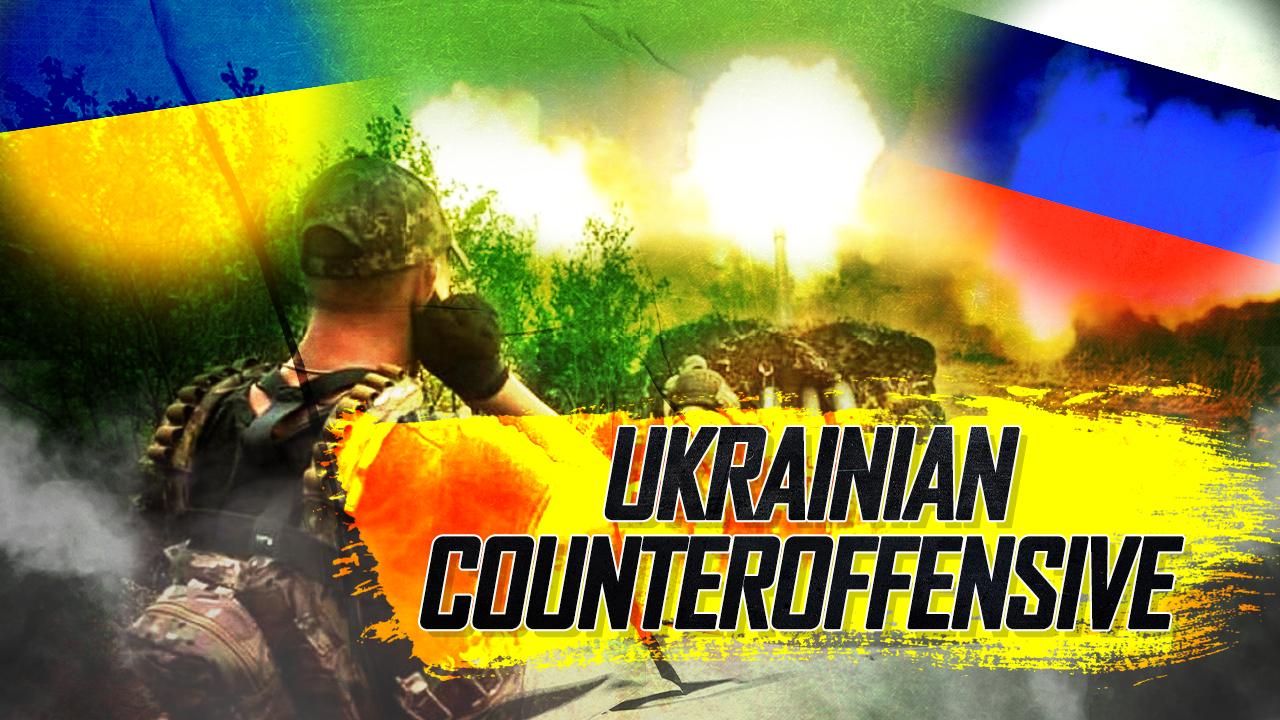Kiev forces sustained more heavy human and material losses while attempting to advance in several directions on July 8.
The fiercest battles took place near the city of Bakhmut. Kiev forces launched several attacks. However, they failed to make any meaningful gains and suffered from heavy losses. New videos from Bakhmut outskirts show several Ukrainian troops being killed and vehicles being destroyed by Russian military units.
In the Kupyansk direction, the Russian Zapad Group of Forces uncovered and destroyed a sabotage and reconnaissance group of Ukraine’s 32nd Separate Mechanised Brigade near Novosyolovskoye and disrupted two attempts to rotate Ukrainian units at forward positions near Krasnoye Pervoye and Sinkovka.
In addition, Su-34 fighter-bomber crew of the group’s aviation group carried out a missile and bombing attack on the temporary deployment points of the 14th Separate Mechanised Brigade close to Petropavlovka.
Two Solntsepyok heavy flamethrower systems of the group also launched an attack on a manpower concentration area of the 32nd Separate Mechanised Brigade’s units near Novosyolovskoye.
Furthermore, a new video from the Kupyansk direction shows the destruction of a deployment point of Kiev forces in a pinpoint Russian strike.
Other videos showed the destruction of an American-made M777 towed howitzer with a Lancet loitering munition near the Antonovsky Bridge in the Kherson direction as well as fierce battle near the town of Mariinka in the Donetsk direction.
In the Zaphorohye direction, Kiev forces reportedly withdrew from the small village of Pyatihatki, which was among the very few gains they made early on in their counteroffensive.
Meanwhile, the United States was criticized by some of its allies for making the decision to supply Kiev forces with cluster munitions.
Both Canada and the United Kingdom condemned the decision, reaffirmed their commitment to a UN agreement banning these weapons.
“We do not support the use of cluster munitions,” the Canadian government told the national broadcaster CTV on Saturday. Ottawa is “committed to putting an end to the effects cluster munitions have on civilians – particularly children,” the statement read.
Separately, British Prime Minister Rishi Sunak told journalists that London also does not support employing cluster bombs. “The UK is a signatory to a convention that prohibits production or use of cluster munitions and discourages their use,” he explained, adding that London would continue to support Ukraine through other means.
Despite the criticism, more Western countries will likely supply cluster munitions to Ukraine in order to further prolong the conflict. The backers of the Kiev regime have already demonstrated on several occasions that they hold no regards to the safety of Ukraine and its people.
MORE ON THIS TOPIC:


